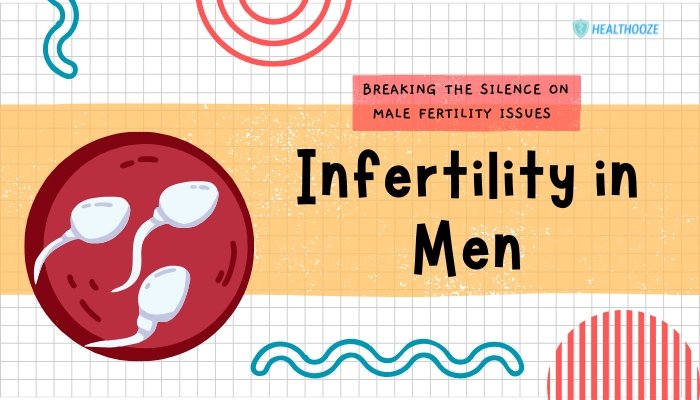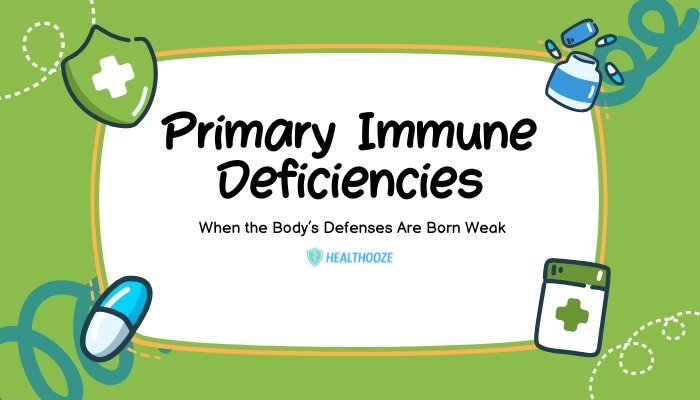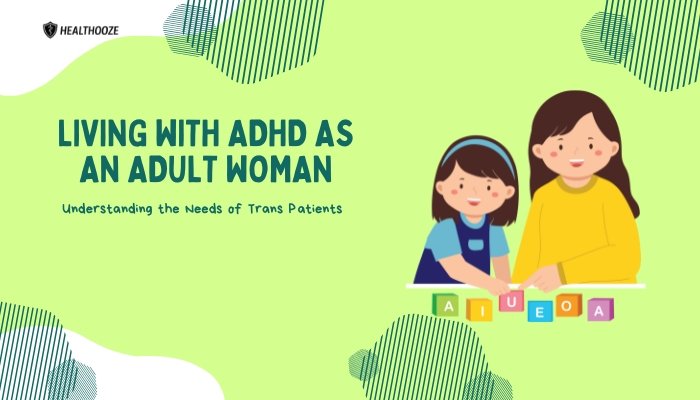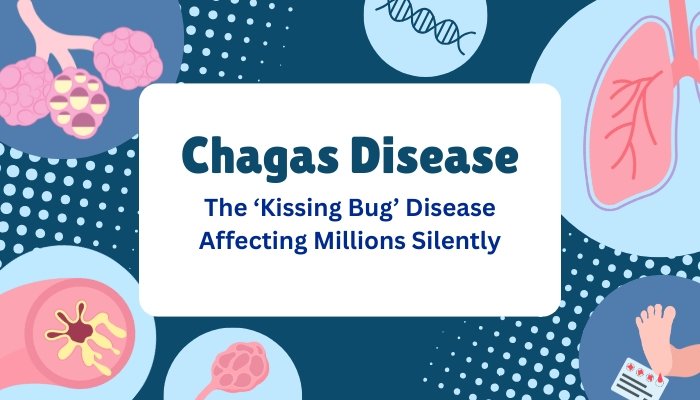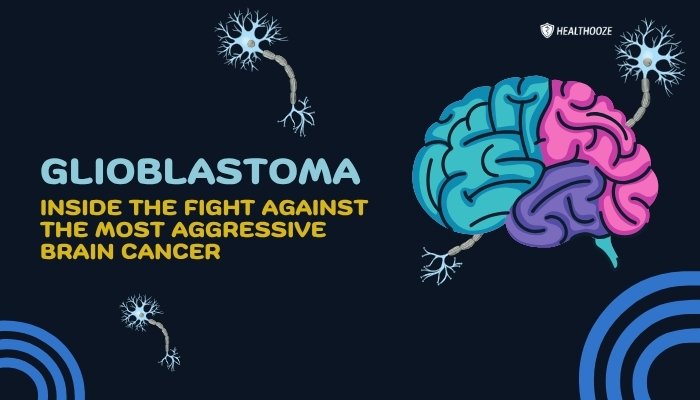Introduction
The loss of a child through miscarriage or stillbirth is a profound grief often shrouded in silence and misunderstood by those who have never experienced it. Miscarriage typically refers to pregnancy loss before 20 weeks, while stillbirth occurs at or after 20 weeks of gestation.
These events can strike unexpectedly, prompting intense sadness, guilt, and feelings of isolation. Although many parents long to speak openly about their loss, they frequently encounter a lack of understanding or platitudes that diminish the extent of their sorrow.
This article explores the emotional impact of child loss, the societal barriers that keep parents from seeking help, and the resources available to them for compassionate support.
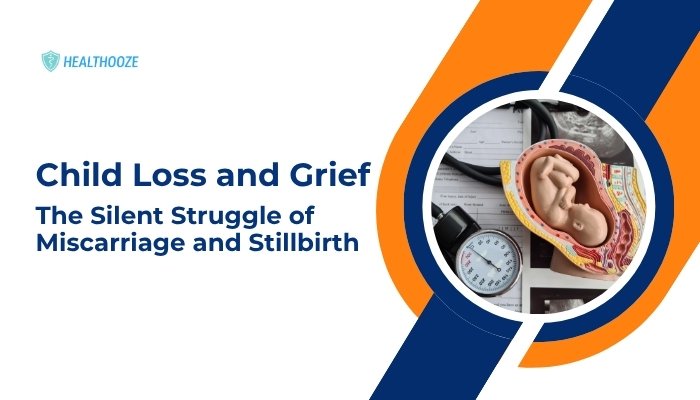
Understanding the Unique Nature of Child Loss
Miscarriage vs. Stillbirth
- Miscarriage: Often occurs in the first trimester or early second trimester, sometimes without a clear explanation. Medical conditions, genetic factors, or unknown causes can be to blame.
- Stillbirth: Usually more physically and emotionally traumatic for parents, as it may happen later when hopes and plans for the baby have significantly grown. Parents may need to deliver a baby who has passed, adding additional layers of complexity to the grieving process.
Unseen Bonds
Even though the pregnancy may have lasted a short time, the emotional bond that parents develop with their unborn child can be profound. For many, the loss destroys cherished dreams—like picking out a name, designing a nursery, or envisioning the baby’s future—leading to deep, raw grief.
The Emotional Toll of Miscarriage and Stillbirth
Multi-Layered Grief
Parents often blame themselves or question what went wrong. Feelings of inadequacy, guilt, or anger can arise, along with sadness. The mother, in particular, may confront physical reminders—such as postpartum hormone fluctuations—without the tangible reassurance of a living child.
Relationship Struggles
Mothers and fathers process grief differently. Some may seek open discussion and tears, others might withdraw or focus on practical tasks. If communication falters, partners can drift apart, intensifying the pain of loss.
Anxiety About Future Pregnancies
Those who choose to conceive again often face heightened stress, repeatedly worrying that each milestone or minor symptom might signal another loss. These pregnancy-after-loss journeys can bring both hope and fear, requiring supportive obstetric care and mental health resources.
Breaking the Silence
Cultural and Societal Barriers
Family or friends might unintentionally minimize the loss, urging parents to “move on” or “try again.” This can shut down healthy mourning, making parents feel that their heartbreak is invalid or burdensome. Additionally, some cultures consider pregnancy loss taboo or superstitious, preventing parents from sharing or seeking help.
Importance of Acknowledgment
Naming the lost baby, holding a memorial service, or keeping mementos can acknowledge the significance of the life that ended too soon. By recognizing the child’s existence, parents often find a sense of closure, no matter how brief the pregnancy was.
Speaking Out and Normalizing
Online forums, local support groups, and candid social media posts from bereaved mothers and fathers can erode the stigma and provide communal validation. Many parents find comfort learning they are not alone and that the emotional rollercoaster they feel is a natural aspect of grief.
Seeking Help and Coping Strategies
Emotional Support
- Counseling or Therapy: One-on-one or couple’s counseling helps process loss, manage blame or guilt, and address any mental health struggles such as depression or anxiety.
- Support Groups: Shared experiences can reduce isolation. Hearing how others cope with similar heartbreak fosters resilience and offers practical suggestions.
Physical Recovery
- Medical Follow-Up: After miscarriage or stillbirth, doctors monitor for complications such as retained tissue or infection. Clear communication about postpartum healing sets realistic expectations for physical recovery.
- Self-Care: Balanced nutrition, gentle exercise, and adequate rest, while acknowledging the emotional burden, supports holistic healing.
Returning to Daily Life
Some parents prefer returning to routines promptly for a sense of normalcy, while others require time away from triggers—like baby showers or social gatherings—to avoid re-traumatization. There is no one-size-fits-all approach: each family’s timeline is unique.
Hope and Future Pregnancy
When to Try Again
There is no perfect schedule to attempt another pregnancy, and emotional readiness typically matters more than any set medical timeframe. Couples should discuss possible genetic or physical issues discovered during medical evaluations, ensuring that any underlying conditions are managed.
Prenatal Care
- Close Monitoring: Future pregnancies might involve more frequent checkups or early ultrasounds to spot anomalies.
- Mental Health Check-Ins: Ongoing discussions with mental health professionals or a support system help manage anxieties during each pregnancy milestone.
Conclusion
Child loss, whether from miscarriage or stillbirth, remains a profoundly painful and often misunderstood event. The hush surrounding these experiences can deepen the emotional toll, denying parents the compassion and resources they need. Yet by breaking taboos, openly acknowledging the grief, and offering targeted support—from psychological counseling to mindful medical care—we can help families navigate this arduous journey. Over time, open dialogue and acceptance can help transform silent sorrow into shared healing, honoring each lost life and bolstering hope for the future.
References
- Kopecky K, Velis K, Howard J. Emotional support after pregnancy loss: a review of interventions. J Psychosoc Obstet Gynaecol. 2020.
- http://nih.gov/
- https://www.marchofdimes.org/

